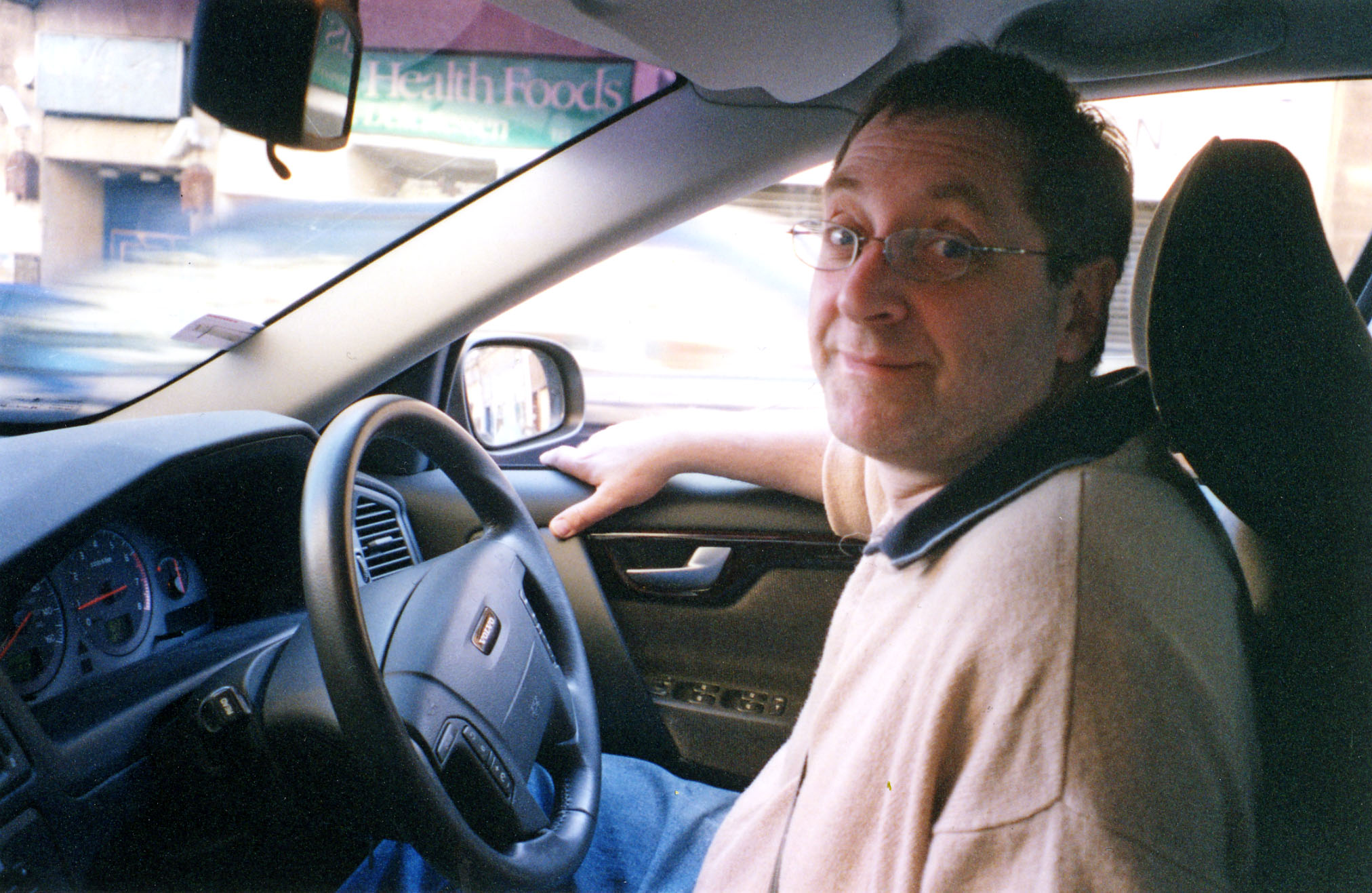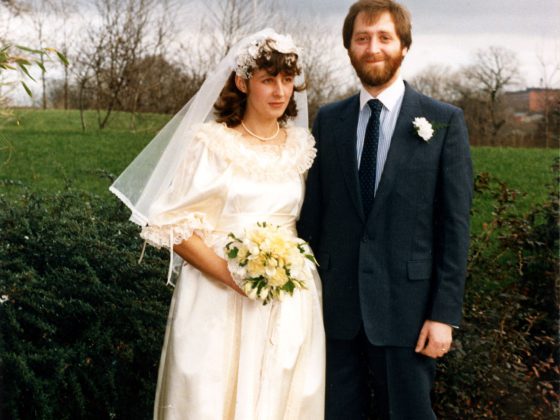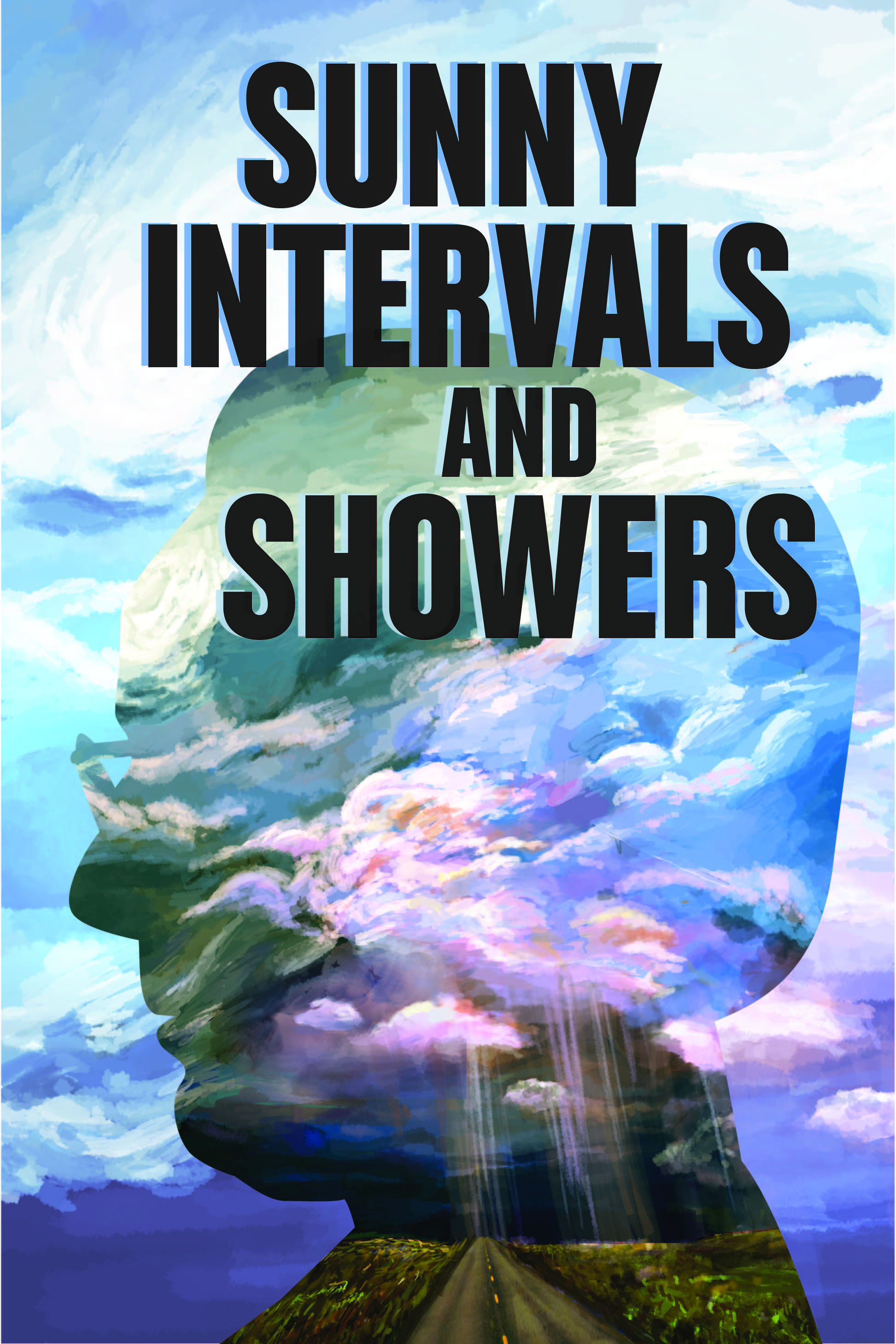Sunny Intervals and Showers
Synopsis
Dr. Allan Levi was recently diagnosed with Bipolar Disorder and suspended from his job as a medical school Professor. As Allan changes careers, his wife Jackie and their three children struggle to cope in this intimate and at times funny portrait of a marriage and a family in crisis.
Events unfold on-screen as Allan starts a business distributing a new type of model airplane throughout England. Jackie, a doctor who met Allan while they trained in medicine together, must come to terms with the unexpected role of being a ‘carer’ for a mentally ill husband. But is Allan’s increasingly frenetic lifestyle evidence of illness, eccentricity, or simply hard work?
Michael Rabiger, best-selling author of Directing the Documentary, refers to Sunny Intervals as “a profound contribution…that portrays the mess of family life better than any film I can remember.” Through this unique and timeless film, we come to understand the dramatic reality of family life with mental illness – and also the surprising consequences of simply being labeled mentally ill.
-
“A harrowing, deeply personal…heartbreaking and strangely humbling film.” — Ruth Margolis, Radio Times
“Jonathan Goodman Levitt’s bittersweet documentary…is rendered uplifting by the filmmaker’s sensitivity and Levi’s remarkable resilience.” — Phil Harrison, Time Out
“An indie gem – leavened by humour, it is still a sobering demonstration of the everyday exasperations of living with mental illness.” — Gabrielle Starkey, The Times
Screened at festivals including Sheffield; One World in Prague, Berlin and Bratislava; and Chicago
CRITICS’ CHOICE in Time Out, Daily Mail, Daily Telegraph, Evening Standard, Guardian Guide, Metro Life, Observer, Radio Times, Sunday Telegraph, and Sunday Times.
Nominated for Grierson (U.K. Documentary) and Mental Health Media Awards
“Levitt’s superb documentary touches the core of the all-consuming psychic beast that is bipolar disorder. It reveals how initial understanding and familial support after the disease may not prevent the “sufferer’s” own continued struggle, regardless of medication and treatment.”
— Dr. Philip G Zimbardo, President, American Psychological Association; Professor; and Author, The Lucifer Effect








 Press Kit
Press Kit Press Images
Press Images